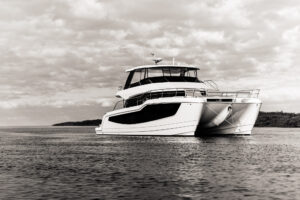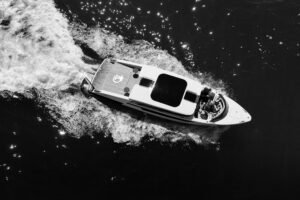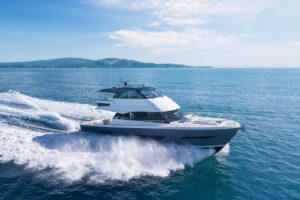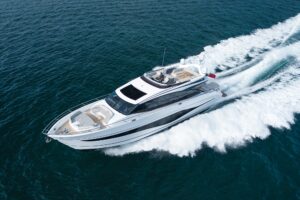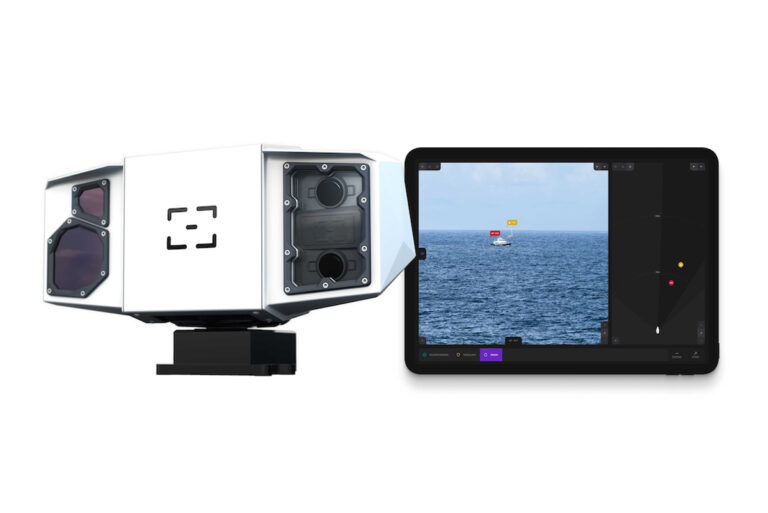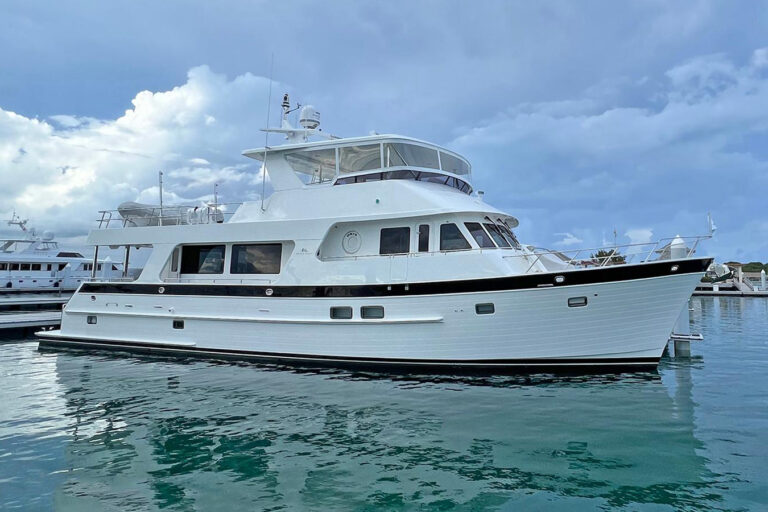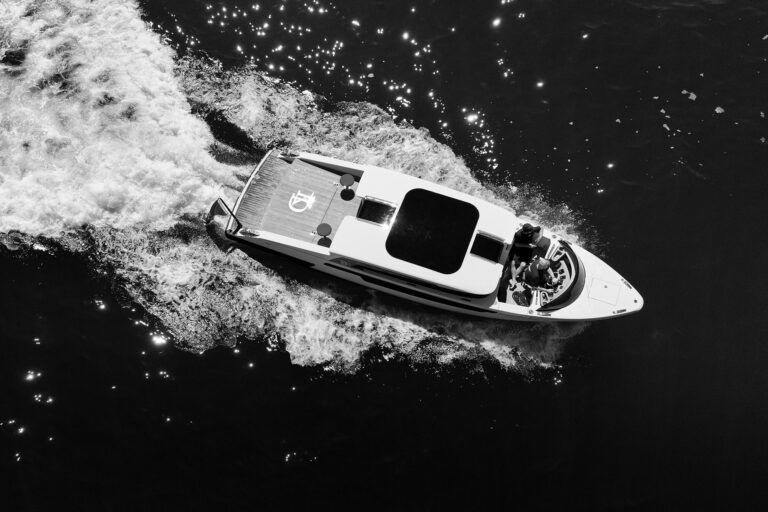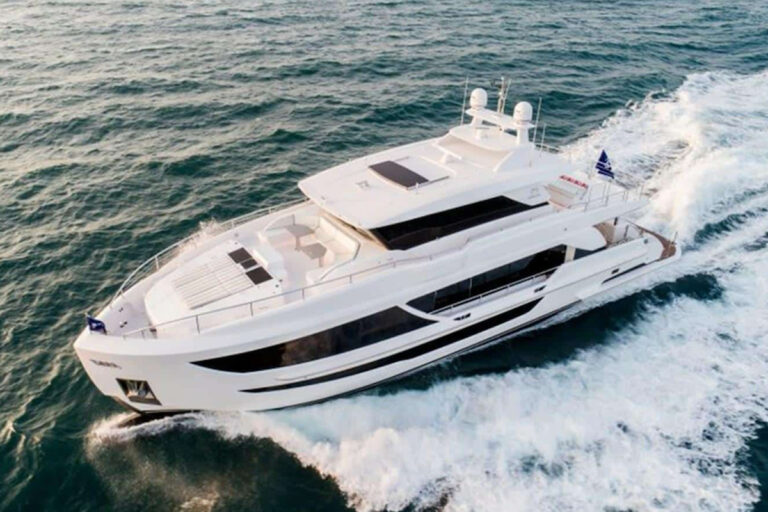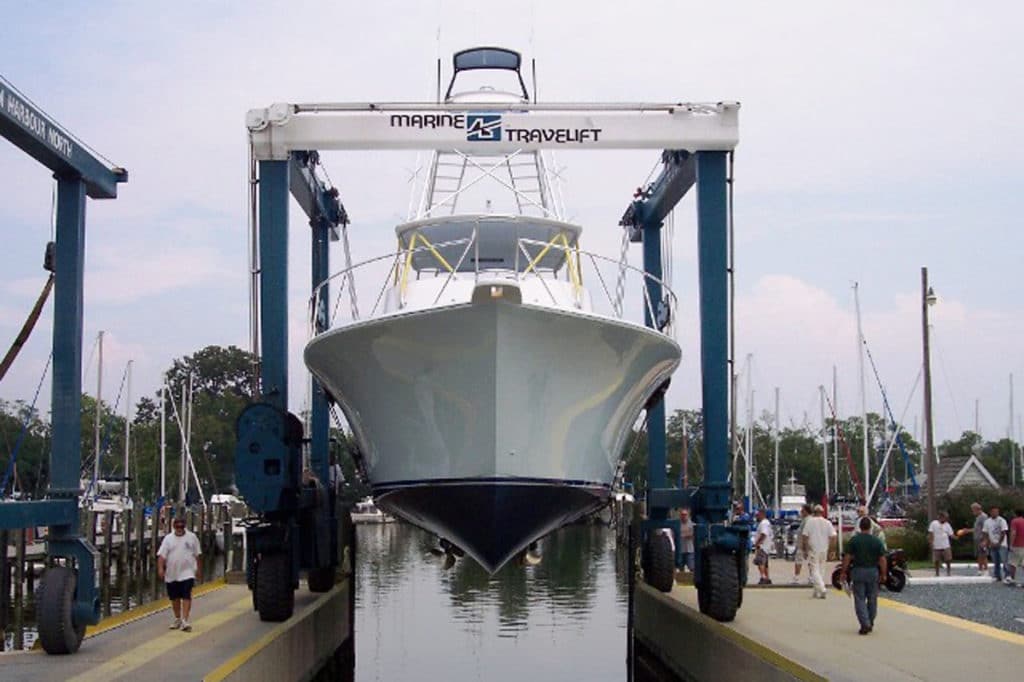
Last month we took a look at five of the top 10 most common diesel engine issues and their fixes, and now it’s time to dig into five more.
Marine Diesel Engine Oil Issues
Oil is the lifeblood of a marine-diesel engine, and it’s critical to immediately address and fix any issues that may arise with it. Let’s start by assuming that you regularly check and monitor the oil in the system, because that’s one of the most basic and important aspects of running a diesel. And that means that one day, you may discover the engine is consuming excessive amounts. This often happens with age, if there is a leak in the system, or if your diesel is burning oil.
Step one in finding the right fix is identifying the exact cause. First, consider any changes made in oil use and confirm that you’re using the correct type, viscosity and level. Check the oil and look for contaminants, which can give it a dark coloration. Check the exhaust to see if there’s a bit more smoke than previously seen, or if you smell burning oil. If any of these factors are off perform an oil and filter change then monitor the oil’s condition closely moving forward. If oil levels continue to drop and you can’t isolate a leak, you may have a more significant issue, like worn rings, leaking gaskets or a timing problem.
Cylinder Liner Wear in Marine Diesel Engines
Cylinder liner wear is not uncommon in marine-diesel engines and usually occurs with age. Indicators of wear include rough idling, smokey exhaust, cylinder blow-by, troubled starting, loss of power and variations in turbo speed. Unfortunately, once cylinder liner wear progresses to a problematic point there’s no simple fix — it’s probably time for an overhaul.
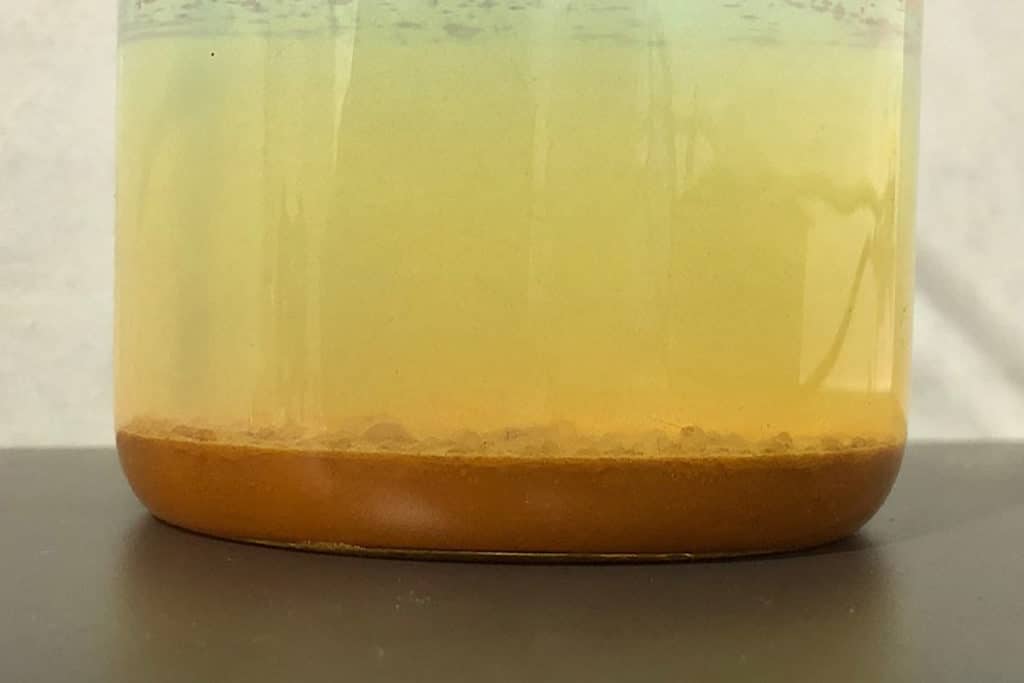
Diesel Fuel Additives
Many people think of diesel-fuel additives mostly as a way to prevent microbial growth and reduce corrosion, but some additives may also enhance lubricity, which is important for the fuel-oil system and may help protect the injectors and fuel pumps. So, why is it listed among the problems with marine-diesel engines? There’s an awful lot of hype around additives, but few provable claims, and it’s difficult to determine which brand is right for your needs. As a result of the uncertainty surrounding diesel-fuel additives, the smart “fix” is simply to follow your engine manufacturer’s recommendations.
Fuel Oil Systems in Marine Diesel Engines
Different diesel engines have different fuel oil systems, but generally speaking the most common problems that arise with them are related to leaks in the lines, fittings, and/or pumps. Leaks aren’t only messy, they can also reduce pressure and/or allow air into the lines. Air can also get into the lines during filter changes, any time a fitting in the system is cracked open for any reason, or if you run the tanks dry. If this happens it may be necessary to bleed the fuel lines and purge out any air.
The process will differ a bit from model to model, so follow the manufacturer’s instructions It will often be necessary to start the engine then repeat the process, sometimes several times, to get all the air out. Note, however, that while bleeding the system will get you up and running, if you have a leak it will just happen again. So, identifying and fixing any leaks in the system is imperative.
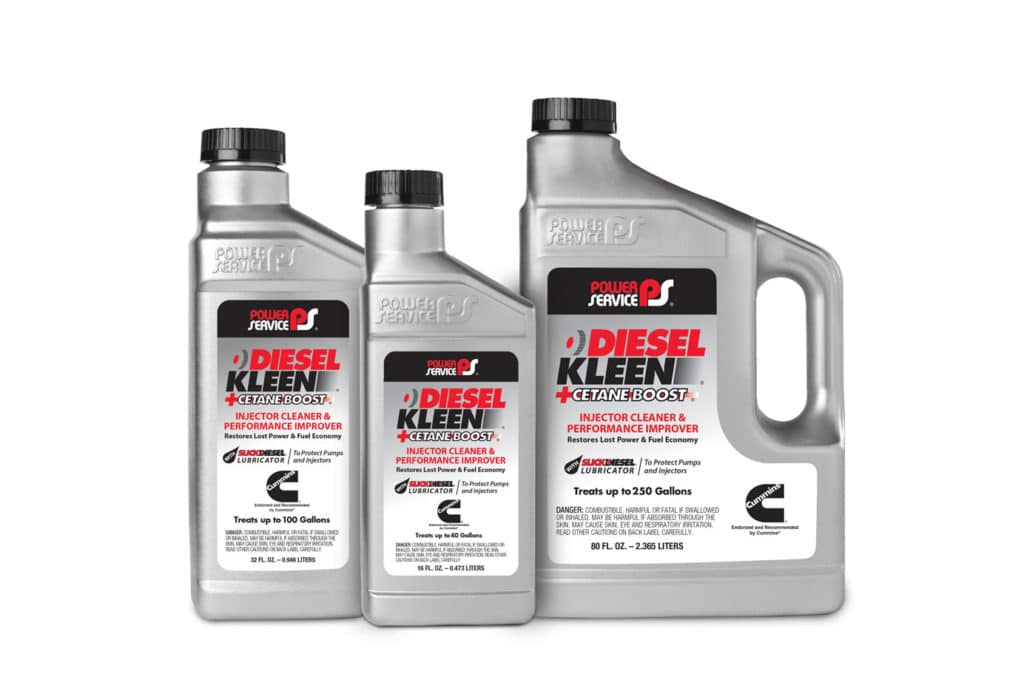
Fuel-Water Separator Issues
A loss of power, rough starting, a lag in acceleration and smoke in the exhaust can all be indications of a fuel-water separator and/or filter issue. You may have a defective separator, but most often this isn’t a problem with the filter or separator itself, but with your fuel system in general. If the water separator fills or your filters clog, the prime suspect is the fuel in your tanks. You may have filled up with contaminated fuel, condensation may have formed in your tanks, or it could be the result of a loose or leaky fuel fill cap. The first fix is simply to drain the filter bowl, run the engine, and see if it quickly fills back up. If so, you’ll probably want to call in a professional service to pump, filter, and polish the fuel.
Today’s marine diesel engines are extremely reliable, but any mechanical system is subject to issues now and again. Whenever you see one of these problems arise it’s important to address it immediately, to prevent further wear and premature failure. Maintain and monitor your yacht’s diesels properly and they should last trouble-free for years.

